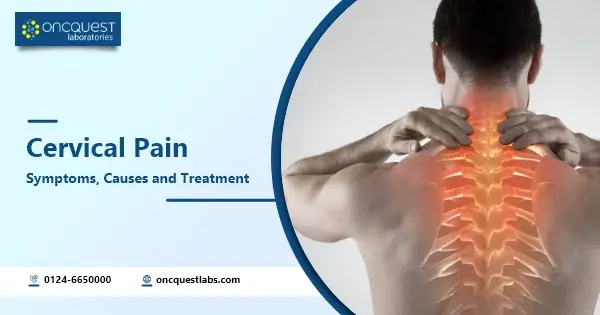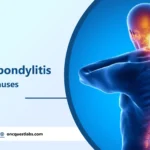Feeling like your chest is tight can be uncomfortable. But why does it happen? In this blog, we’ll look at the different reasons why your chest might feel tight. From common causes like stress to more serious issues like heart problems, we’ll explore what could be behind this sensation. Understanding these reasons can help you know when to seek help and how to manage chest tightness for a healthier you.
Contents
What is chest tightness or chest pain?
Chest pain means feeling uncomfortable or hurting in your chest. Sometimes, it can also hurt in your arms, neck, or jaw. It can feel sharp, dull, tight, or like something is squeezing your chest. Chest pain can last a few minutes or hours. It might get worse when you’re doing something active or even when you’re resting. If you ever have chest pain, especially if it feels like a heart attack or something serious, it’s really important to get help from a doctor. Even though chest pain can happen a lot and isn’t always about your heart, it’s better to be safe and get it checked.
Symptoms of chest tightness or chest pain
- Heart-related chest pain feels like pressure, squeezing, or fullness.
- You may also feel tired, short of breath, or discomfort in your belly, shoulders, arms, jaw, neck, or back.
- Other symptoms can include feeling sick to your stomach, sweating, or feeling light-headed.
- These symptoms can also happen with serious lung problems that need immediate treatment.
Causes of chest tightness or chest pain
- Chest pain can come from many different things, which makes it hard to figure out what’s causing it.
- Common reasons for chest pain are heart problems like heart attacks or issues with blood vessels and heart valves.
- Stomach problems like GERD, ulcers, and a hiatal hernia can also make your chest hurt.
- Lung problems such as blood clots, infections, and a collapsed lung can cause chest pain too.
- Other reasons for chest pain include muscle cramps, inflammation, gallstones, pancreatitis, and lung diseases like COPD and asthma.
- Non-medical reasons like panic attacks, broken ribs, and infections like shingles can also make your chest hurt.
Treatment of chest tightness or chest pain
- Chest pain treatment depends on what’s causing it. If it’s from a heart problem like a heart attack, you need emergency care, which might include medicine or surgery.
- If chest pain is from something else, your doctor will talk to you about how to treat it. This could mean changes in your lifestyle, taking medicine, or having a procedure.
- Not treating chest pain can cause big problems, especially if it’s something serious. It’s important to see a doctor to find out what’s wrong and get the right treatment.
Prevention method of chest tightness or chest pain
- Eat healthy food with your doctor’s advice.
- Manage high blood pressure, cholesterol, and diabetes.
- Exercise regularly.
- Keep a healthy weight.
- Limit alcohol or don’t drink it.
- Don’t smoke.
- To prevent certain chest pains:
- Avoid asthma triggers.
- Treat respiratory infections quickly.
- Take medicine to prevent blood clots if needed.
- Get vaccinated for chickenpox or shingles.
- Avoid foods that cause heartburn.
- Move around during long trips to prevent leg blood clots.
When to contact a doctor?
If you have chest pain that lasts more than five minutes and doesn’t go away with rest or medication, get help immediately. Call or go to the nearest emergency room right away. Chest pain can be a sign of a heart attack, which is life-threatening. Other signs of a heart attack include sweating, nausea, shortness of breath, feeling light-headed, and pain in your back, jaw, neck, arms, or shoulders.
Frequently asked questions
Q1: What causes tightness of the chest?
A1: Feeling tightness or heaviness in your chest can happen because of different reasons like stress, strained muscles, or problems with your lungs.
Q2: How do I get rid of heaviness in my chest?
A2: Take a break from moving around too much. You can start doing light things again after a few days, but if your chest feels tight or painful again, take a rest. Put a cold pack on the sore muscle for about 20 minutes, three times a day. This helps to reduce swelling and pain.
Q3: Can stress cause chest tightness?
A3: Feeling pressure in your chest is a common sign that your body is reacting to stress. But remember, while it’s often because of stress, it can also be a sign of serious health issues like heart disease.





